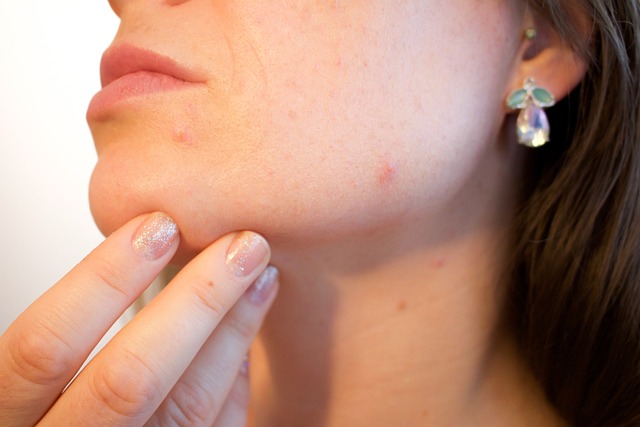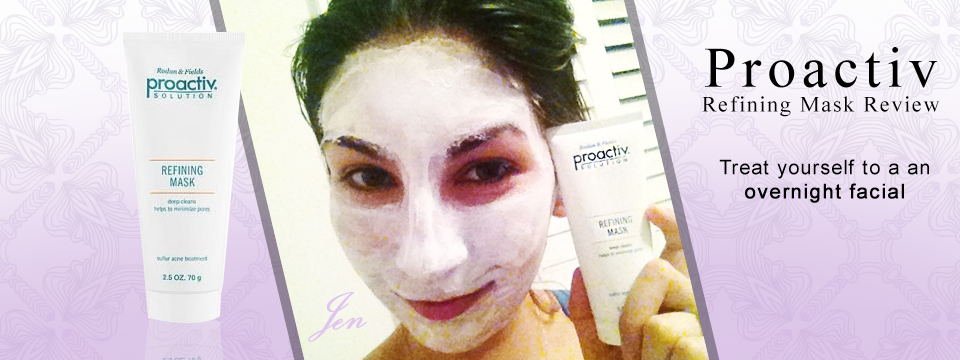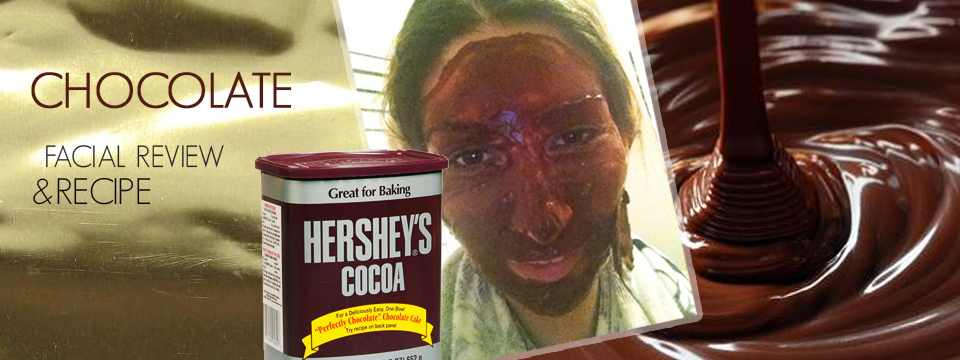Acne scars are a common skin problem that affects many people. They can be embarrassing, and many people feel self-conscious about them. If you’re looking for ways to get rid of acne scars fast, there are several things you can do. In this article, we’ll explore some of the most effective methods for removing acne scars and restoring your skin’s natural beauty.
Understanding Acne Scars
Before we dive into the different treatments for acne scars, it’s important to understand what causes them in the first place. Acne scars are a result of inflammation in the skin caused by acne. When acne forms, the body’s immune system responds by sending white blood cells to the area to fight off the infection. This causes inflammation, which can damage the skin tissue and leave behind scars.
There are several types of acne scars, including:
- Atrophic scars: These scars are depressed or sunken areas of skin. They’re caused by a loss of tissue from the healing process.
- Hypertrophic scars: These scars are raised and bumpy. They’re caused by an overproduction of collagen during the healing process.
- Boxcar scars: These scars have a round or oval shape with steep vertical sides. They’re caused by the destruction of the skin’s collagen.
- Ice pick scars: These scars are deep and narrow. They look like small holes in the skin and are caused by the destruction of the skin’s collagen.
Now that we’ve covered the basics, let’s take a look at some of the most effective treatments for acne scars.
Treatments for Acne Scars
- Chemical Peels: Chemical peels involve applying a chemical solution to the skin, which exfoliates the top layer of dead skin cells. This helps to reduce the appearance of acne scars by removing the damaged skin cells and revealing fresher, smoother skin underneath.
- Microneedling: Microneedling is a minimally invasive treatment that involves using a small, handheld device to create tiny punctures in the skin. This triggers the body’s natural healing process, which can help to reduce the appearance of acne scars over time.
- Laser Resurfacing: Laser resurfacing involves using a laser to remove the top layer of skin. This stimulates the body’s natural healing process, which can help to reduce the appearance of acne scars.
- Dermal Fillers: Dermal fillers are injectable substances that are used to fill in depressed areas of the skin. This can help to reduce the appearance of atrophic acne scars.
- Chemical Spot Treatments: Chemical spot treatments involve applying a concentrated solution of a chemical, such as salicylic acid or glycolic acid, directly to the acne scars. This can help to exfoliate the skin and reduce the appearance of scars over time.
Preventing Acne Scars
While there are many effective treatments for acne scars, the best way to deal with them is to prevent them from forming in the first place. Here are some tips for preventing acne scars:
- Avoid picking at your acne: Picking at your acne can cause further inflammation and damage to the skin, which can lead to scarring.
- Use sunscreen: Sun exposure can cause acne scars to darken and become more noticeable. Use a broad-spectrum sunscreen with an SPF of 30 or higher every day.
- Treat acne promptly: The sooner you start treating your acne, the less likely it is to cause scarring.
- Use non-comedogenic products: Non-comedogenic products won’t clog your pores, which can help to prevent acne.
How to Get Rid of Acne Scars Fast: Effective Treatments
Acne is a common skin problem that affects millions of people worldwide. While most cases of acne are mild, some can be severe and leave behind unsightly scars. Fortunately, there are effective treatments for acne scars that can help reduce their appearance and boost your confidence.
- Chemical Peels:
Chemical peels are a common treatment for acne scars that involves applying a chemical solution to the skin, which causes the top layer to peel off. This process removes damaged skin cells and promotes the growth of new, healthier skin. Chemical peels can be mild, medium or deep, depending on the severity of your acne scars. Your dermatologist will be able to determine which type of chemical peel is right for you.
- Microdermabrasion:
Microdermabrasion is a non-invasive treatment that involves using a machine to exfoliate the top layer of your skin. This process removes dead skin cells and encourages the growth of new, healthy skin. Microdermabrasion is an effective treatment for mild to moderate acne scars and is safe for all skin types.
- Laser Therapy:
Laser therapy is a popular treatment for acne scars that involves using a laser to remove the top layer of your skin. This process encourages the growth of new skin cells and helps to reduce the appearance of acne scars. Laser therapy is a safe and effective treatment for all skin types and can be used to treat mild to severe acne scars.
- Dermal Fillers:
Dermal fillers are injectable treatments that can help reduce the appearance of acne scars. These fillers work by filling in the depressed areas of your skin, which helps to even out your skin tone and texture. Dermal fillers are a safe and effective treatment for mild to moderate acne scars and can be used on all skin types.
- Microneedling:
Microneedling is a treatment that involves using a small device with tiny needles to puncture the skin. This process promotes the growth of new skin cells and collagen, which can help to reduce the appearance of acne scars. Microneedling is a safe and effective treatment for all skin types and can be used to treat mild to moderate acne scars.
Preventing Acne Scars: What You Need to Know
While there are effective treatments for acne scars, prevention is always the best approach. Here are some tips to help prevent acne scars:
- Treat Acne Early:
Treating acne early is the best way to prevent scarring. When you see a pimple forming, treat it with an over-the-counter acne treatment or see a dermatologist for a prescription treatment.
- Don’t Pick at Your Skin:
Picking at your skin can cause inflammation and increase your risk of scarring. Resist the urge to pick at your skin, and if you do have a pimple, use a warm compress to help it heal.
- Protect Your Skin:
Protecting your skin from the sun is important to prevent scarring. Wear a broad-spectrum sunscreen with an SPF of 30 or higher, and avoid prolonged sun exposure.
- Use Gentle Skincare Products:
Using harsh skincare products can irritate your skin and increase your risk of scarring. Use gentle, non-comedogenic products that won’t clog your pores or cause inflammation.
Acne scars can be frustrating, but there are effective treatments available to help reduce their appearance. Whether you choose chemical peels, microdermabrasion, laser therapy, dermal fillers, or microneedling



